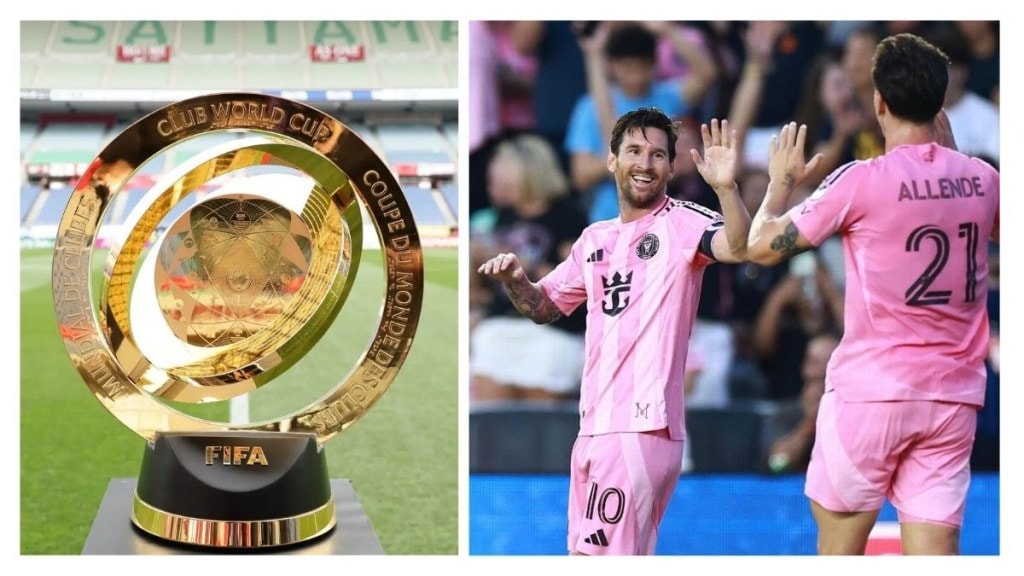The 2025 FIFA Club World Cup, set to be held in the United States from June 14 to July 13. This edition it is expanding from seven to an unprecedented 32 teams. While this new format and a massive prize fund aim to elevate the tournament’s global appeal, it has ignited considerable controversy, particularly concerning the already overloaded international football calendar, just days before its kickoff.
Calendar congestion controversy
The most prominent criticism leveled against the 2025 Club World Cup stems from its expanded 32-team format, which will occupy a full month of what is traditionally the only meaningful rest period for professional footballers. Players typically endure a demanding 10-month club season, with their limited summer break often consumed by international tournaments. The addition of this new, month-long summer competition effectively eliminates any recovery time.
For instance, players like Marcus Thuram of Inter Milan and Desire Doue of Paris Saint-Germain illustrate the issue vividly. They participated in the UEFA Champions League final on May 31, immediately followed by the Nations League finals with their national teams in Germany. Now, they are expected to join their clubs for this new FIFA tournament. This relentless schedule, leaving players with little to no break between the European club season (ending mid-May) and preseason preparations (starting late July), has raised alarms about increased injury risks, severe fatigue, and long-term health concerns.
What is the prize money for FIFA Club World Cup 2025?
The winning club could earn up to $125million (£93m) which rivals the prize money earmarked for the winners of the UEFA Champions League. While FIFA has promoted the tournament as a lucrative opportunity, suggesting that each participating team could earn up to €50 million ($57.2 million), various investigative reports indicate this projection is overly optimistic, especially for non-European clubs. It is anticipated that European clubs will claim approximately 70% of the tournament’s revenue, leaving the remaining 22 teams to share only 30%. This significant financial disparity is seen as a major disappointment for many smaller clubs, particularly those outside of UEFA, and could potentially widen the financial gap between football’s elite and the rest. The 32-team tournament features a strong European contingent, including newly crowned Champions League winners PSG, record-holders Real Madrid, Premier League giants Manchester City and Chelsea, and German powerhouse Bayern Munich. From South America, six teams will participate, with four Brazilian clubs like Copa Libertadores winners Botafogo and their rivals Flamengo, alongside Argentine powerhouses River Plate and Boca Juniors.

